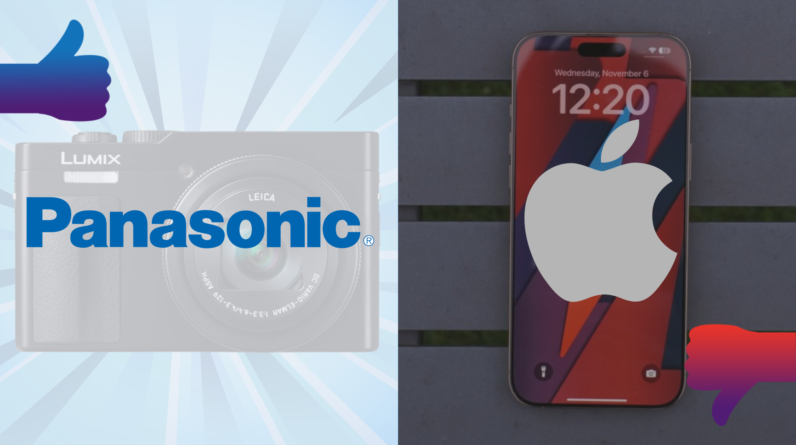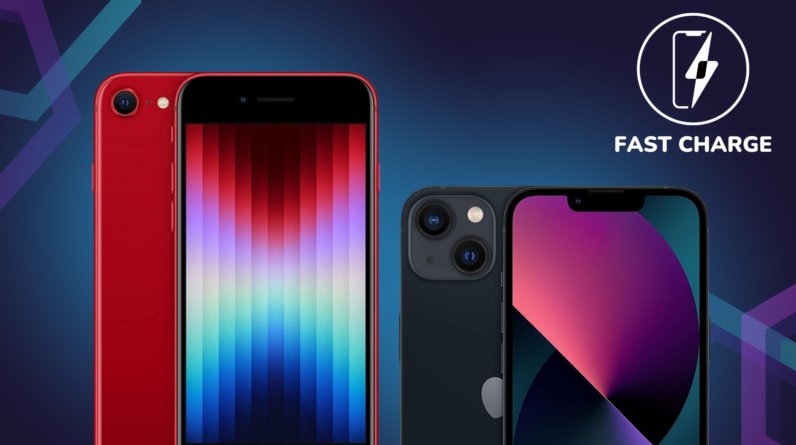
Meta has announced Orion AR, the new smart augmented reality glasses it says are the most advanced ever made.
During an address at Meta Connect on September 24, the company loftily called Orion the “most challenging consumer electronics device produced since the smartphone”, which has required major breakthroughs across the computing spectrum, and is the culmination of a decade of work in the sector.

Garmin Vevoactive 5 drops to £217
Save more than £42 on the Garmin Vivoactive 5 sports watch that offers more than 30 sports modes and ample smartwatch features
- Amazon
- RRP: £259.99
- Now £217
The most impressive element on show might be the Micro LED projectors that beam 2D and 3D images into the eyelines of wearers. These projectors are tiny and power efficient and combine with the display material, often powered powered by Meta AI, to fill your field of view, Meta says.
Meta is promising a large 70-degree field of view which “unlocks truly immersive use cases for Orion, from multitasking windows and big-screen entertainment to lifesize holograms of people—all digital content that can seamlessly blend with your view of the physical world.”
Meta says the wide field of view was a holy grail feature for Orion that required it to bend light beams in unnatural ways while living within a miniaturised, limited power supply. This led the company to build lenses from a material called silicon carbide, which remains seethrough so fellow humans can see your eyes.
Meta describes silicon carbide as an is “incredibly lightweight, it doesn’t result in optical artifacts or stray light, and it has a high refractive index—all optical properties that are key to a large field of view.”
Meta has also placed seven tiny cameras around frames, that’ll enable you to see what’s going on around you. Meanwhile, the custom processors promise powerful AR experiences that are possible at the fraction of a power consumed by a current-gen mixed reality headset.
Eye tracking and hand tracking are also possible. The glasses will also ship with a wristband for manual, touch-based inputs that Meta says will let you “stay present in the world and with the people around you as you interact with rich digital content.”


The glasses, which are a darn sight more minimal than any of the true AR solutions we’ve seen in recent years and still manage to be wireless, were built using a magnesium alloy frame similar to what’s used in Formula 1 cars. This has enabled the company to get the weight, thermal management, and durability right. Indeed, the materials used to cool the glasses are more at home on NASA satellites.
You’re not going to be able to buy the Meta Orion glasses any time soon, with the company focusing on getting prototypes into the “select external audiences”. However, this is probably the closest we’ve seen to the true AR glasses Meta has been promising for years.






